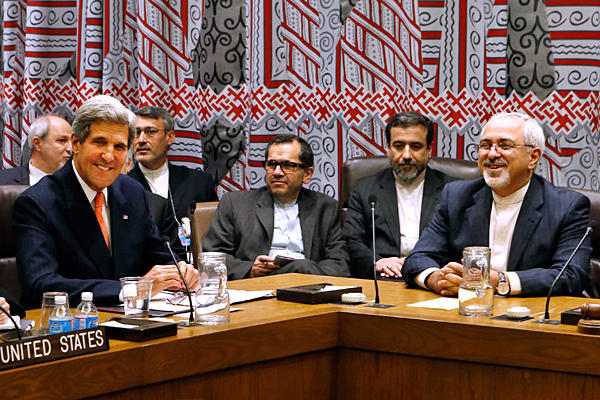After months of negotiations, a preliminary agreement between the U.S., Iran and five other world powers has been reached regarding the future of Iran’s nuclear program.
A deadline of June 30 has been set to finalize a deal that would ease economic sanctions in return for limitations on Iran’s nuclear program. The deal would allow Iran to develop civil nuclear capabilities, while ensuring they don’t have the capacity to produce weapons.
BBC reported that on Tuesday the Senate Foreign Relations Committee unanimously passed a bill that would give congress a formal role in negotiations with Iran. The legislation allows congress to reject a future deal and makes it so would need to approve the removal of economic sanctions. However, as the Associated Press reported, President Obama still has the power to veto any such attempt by congress and he still has the power to lift sanctions that were put in place by executive order.
So long as congress does not sabotage the deal, this agreement would make history. “Since World War Two, there has been no precedent for multilateral diplomacy resolving a complex conundrum in a non-zero sum fashion without a bullet fired,” says Ali Vaez, an Iran analyst with the International Crisis Group.[i] Although there is hope that this deal would ease long-standing tensions between the west and Iran, and relief for Iran’s crippled economy, it will not completely erase them.
There is a long history of mistrust between Iran and The West. Since the Islamic revolution of 1979 and the Iranian hostage crisis tensions have been very strained with the U.S., and the Supreme Leader Ayatollah Khamenei is still skeptical of any potential deal, reports BBC.
The progress may be slow and time will tell if the deal will really go into effect, but people from Tehran to Washington are finally cautiously optimistic about future relations for both countries.
[i] http://www.bbc.com/news/world-middle-east-32121867
http://media.worldbulletin.net/news/2015/02/19/usirannucleartalks2.jpg










































































































